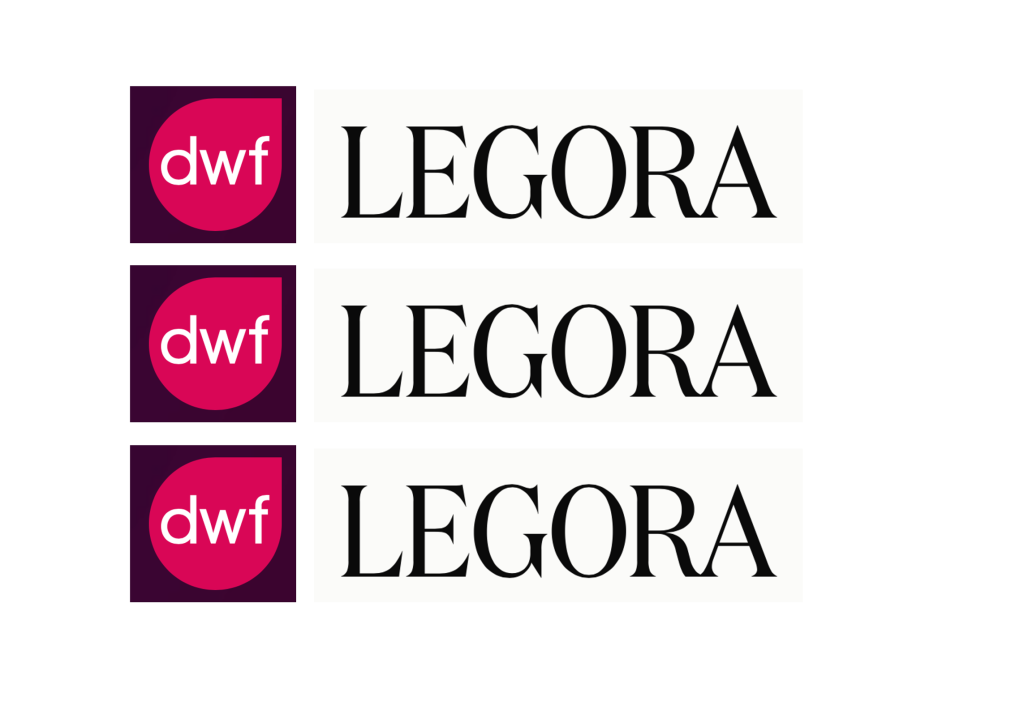
If Artificial Lawyer covered every client win there would be nothing but such stories on here….but, this one is really worth a look.
Law firm DWF – which evolved into an ALSP and was once publicly listed – has ‘embedded [genAI-based] Legora…to streamline its volume legal operations, manage contracts and automate time-intensive tasks’. This will leverage AI in a way that provides maximum benefit for the firm and its clients by increasing the total number of matters it can handle.
The firm said they’ve already seen a 60% increase in how fast a matter can be completed in some areas.
DWF said that it will use the genAI pioneer for:
Cyber incident responses
Contract Risk Analysis and Redlining
Supporting Corporate Due Diligence
Legal Abstraction workstreams
Automating Workflows in Volume based operations
All well and good – and it’s nice to see a law firm really spell out exactly what it’s going to use a genAI tool for. But, of more interest is the why.
‘This will accelerate turnaround times [and] increase the volume of work handled by DWF,’ they said.
Let’s repeat that last bit: increase the volume of work.
AL has been banging on about the fact that if you can automate large parts of a workflow then you don’t hurt your business – instead you allow the firm to take on more matters. And it looks like DWF has fully embraced that idea. Good for them!
And of course, this can only be achieved because, as the firm explained: ‘[Our] approach delivers efficiency, price certainty and transparency for its clients while focusing on quality of service.’
I.e. AI + price certainty (AKA fixed / scoped fees) = efficiency and more matters handled = more $$$ for the firm and more clients’ needs met more quickly.
What’s not to like?
Julia Perez, global head of legal operations at DWF, said: ‘By integrating Legora into our legal operations, we are not only driving efficiency but also reinforcing our commitment to innovation and client service at scale. We’re already seeing up to 60% faster turnaround times. This means our clients get quicker, more accurate responses and real-time insights, all without compromising on quality.’
DWF’s legal operations offering includes over 500 legal, technology and process engineering specialists across the US, India and the UK. Originally established in 2001 as the world’s first alternative legal services provider (ALSP), it was acquired by DWF Group in 2020, they added.
Jon Grainger, chief technology officer at DWF, added: ‘At DWF, we invest in technology that empowers our people and helps us to deliver positive outcomes with our clients. Embedding Legora into our legal operations is a prime example of this—leveraging cutting-edge AI to streamline complex workflows, enhance accuracy and scale our capabilities.’
And Legora’s Head of UK&I, Alex Fortescue-Webb, concluded: ‘Collaborating with DWF to deeply embed Legora into the heart of its legal operations business has been extremely rewarding for both teams, and we look forward to continuing our close relationship.’
—
AL Comment:
While it’s always good to see the legal sector bring aboard genAI tools to drive efficiency, the reality is that very few such instances are accompanied with any announcements about how using AI will actually change that legal business in a substantive and/or economic way.
What DWF has done is go right to the heart of the matter: i.e. AI drives up the total output capacity of a legal business. They’ve also combined this with parts of the business that are able to accept fixed fees to maximise the benefits.
It would be great if every law firm did this kind of thing and spelled out how exactly using AI was of real benefit to the business as a whole and/or the clients. It’s just too easy to say ‘AI makes us more efficient’, without then explaining what that means in practical terms.
—
You can find more about Legora here.
Discover more from Artificial Lawyer
Subscribe to get the latest posts sent to your email.

